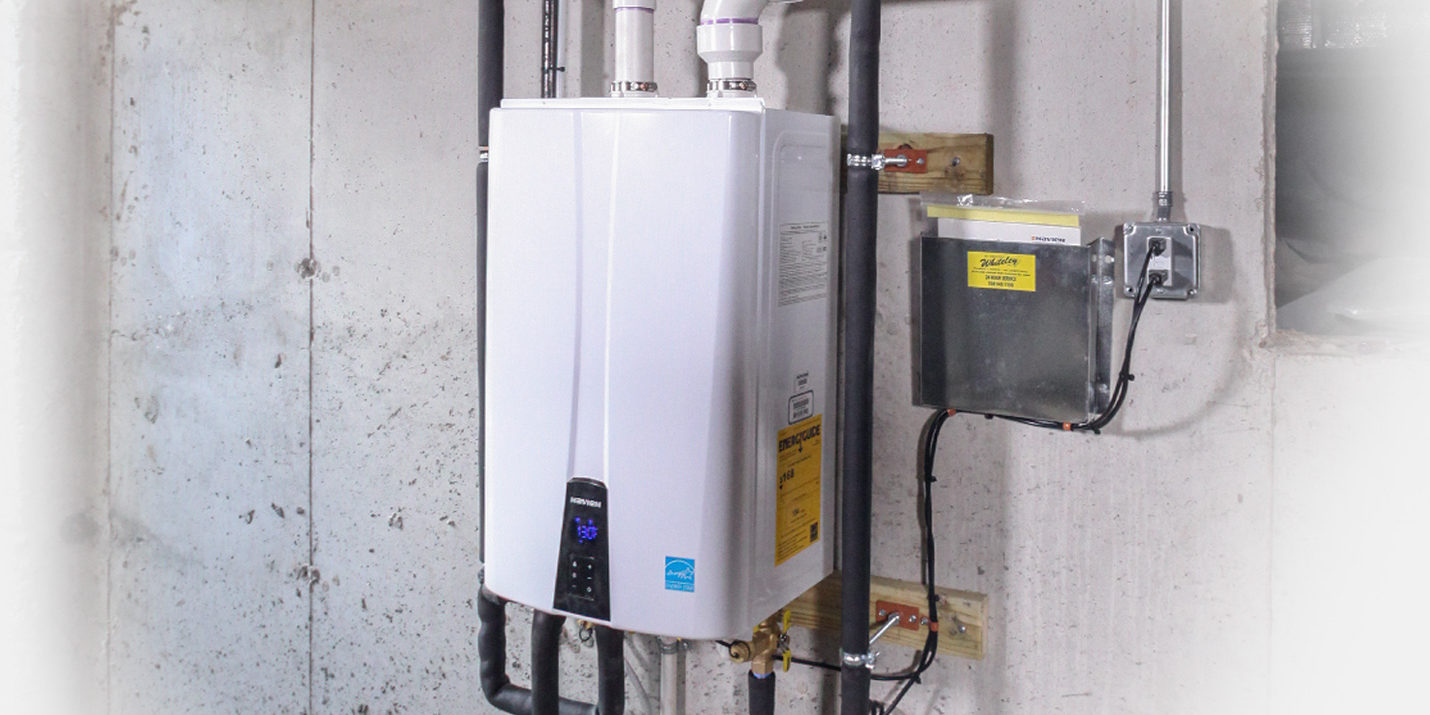

Articles
How Much To Install A Tankless Water Heater
Modified: December 7, 2023
Looking for articles on how much it costs to install a tankless water heater? Find all the information you need right here!
(Many of the links in this article redirect to a specific reviewed product. Your purchase of these products through affiliate links helps to generate commission for Storables.com, at no extra cost. Learn more)
Introduction
A tankless water heater, also known as an on-demand water heater, is an increasingly popular choice for homeowners looking to upgrade their water heating system. Unlike traditional water heaters that store and heat a large amount of water in a tank, tankless water heaters heat water directly as it passes through the unit, providing a continuous supply of hot water on demand.
The benefits of tankless water heaters are numerous. One of the main advantages is energy efficiency. Traditional water heaters continuously heat and reheat water in the tank, even when it’s not being used. In contrast, tankless water heaters only heat the water when it is needed, resulting in significant energy savings. According to the U.S. Department of Energy, switching to a tankless water heater can save homeowners up to 30% on their energy bills.
Another advantage of tankless water heaters is their compact size. Unlike traditional water heaters that take up a significant amount of space, tankless models are small and can be installed on the wall, freeing up valuable floor space. This makes them ideal for smaller homes or apartments where space is limited.
In addition to energy efficiency and space savings, tankless water heaters also provide a continuous supply of hot water. With a traditional water heater, once the hot water in the tank is depleted, it takes time for the tank to refill and reheat the water. With a tankless water heater, on the other hand, hot water is available instantaneously and never runs out.
Now that you understand the benefits of a tankless water heater, let’s explore the factors that can affect the installation costs.
Key Takeaways:
- Tankless water heaters offer energy efficiency, space savings, and endless hot water supply. Factors affecting installation costs include type of unit, existing plumbing, location, size, permits, and professional installation.
- Consider additional costs like venting systems, water softeners, maintenance, and warranties. Decide between DIY installation and hiring a professional based on expertise, time, and long-term support. Select the right unit based on type, capacity, climate, space, and energy efficiency.
Read more: How Much Is A Navien Tankless Water Heater
Benefits of Tankless Water Heaters
Tankless water heaters offer several advantages over traditional water heaters. Here are some of the key benefits:
- Energy Efficiency: One of the most significant advantages of tankless water heaters is their energy efficiency. Traditional water heaters constantly heat and reheat the water in the tank, regardless of whether it is being used or not. Tankless water heaters, on the other hand, only heat water when it is required, resulting in substantial energy savings. This can lead to lower utility bills and a reduced environmental impact.
- Endless Hot Water Supply: With a tankless water heater, you never have to worry about running out of hot water. Traditional water heaters have a limited supply of hot water stored in the tank, which can be depleted if multiple hot water demands occur simultaneously. Tankless water heaters heat water on demand, so hot water is available as long as it is needed.
- Space Saving: Tankless water heaters are compact and take up significantly less space compared to traditional water heaters. They can be installed on the wall, freeing up valuable floor space in your home. This makes them an ideal choice for smaller homes, apartments, or locations with limited installation space.
- Longer Lifespan: Tankless water heaters typically have a longer lifespan compared to traditional water heaters. While traditional water heaters typically last around 10-15 years, tankless models can last up to 20 years or more with proper maintenance. This extended lifespan can result in long-term cost savings and reduced replacement hassles.
- Increased Safety: Tankless water heaters have advanced safety features that help prevent issues such as leaks, explosions, and carbon monoxide poisoning. Many models have built-in safety mechanisms, such as auto shut-off valves and temperature control, to ensure safe operation.
- Improved Water Quality: Traditional water heaters store hot water in a tank, which can lead to the accumulation of sediment and rust over time. This can affect the water quality and taste. Tankless water heaters provide hot water on demand without the need for storage, resulting in fresher and cleaner water.
Overall, tankless water heaters offer numerous benefits, including energy efficiency, endless hot water supply, space savings, longer lifespan, increased safety, and improved water quality. These advantages make them a popular choice for homeowners who value convenience, cost savings, and environmental sustainability.
Factors Affecting Installation Costs
When it comes to installing a tankless water heater, several factors can affect the overall cost. Understanding these factors can help you plan and budget for the installation. Here are some key considerations:
- Type of Tankless Water Heater: The type of tankless water heater you choose will impact the installation cost. There are two main types: electric and gas-powered. Electric tankless water heaters are generally easier to install since they don’t require venting. On the other hand, gas tankless water heaters may require additional plumbing and venting work, which can add to the installation cost.
- Existing Plumbing Infrastructure: The condition of your existing plumbing infrastructure can also affect the installation cost. If your plumbing system is outdated or in need of repairs, additional work may be required to ensure compatibility with the tankless water heater. This can include replacing pipes, adding shut-off valves, or upgrading the electrical or gas connections.
- Location of Installation: The location where the tankless water heater will be installed can impact the installation cost. If the unit needs to be installed in a hard-to-reach area or if significant modifications are required, such as rerouting pipes or securing proper ventilation, it may increase the overall installation cost.
- Size and Capacity: The size and capacity of the tankless water heater can influence the installation cost. Larger units or those with higher capacity may require additional plumbing connections, such as upgrading the main water line or installing dedicated hot water lines, which can increase the installation complexity and cost.
- Permits and Codes: Depending on where you live, obtaining permits and complying with local building codes may be necessary for the installation of a tankless water heater. Permit fees and any required modifications to meet the codes can impact the overall installation cost.
- Hiring a Professional: While it is possible to install a tankless water heater yourself, hiring a professional plumber or contractor for the installation is recommended. Their expertise and experience can ensure proper installation, compliance with regulations, and minimize the risk of future issues. However, hiring a professional will add to the overall installation cost.
It’s important to consider these factors when estimating the installation costs for a tankless water heater. Consulting with a professional and obtaining multiple quotes can help you get a clearer idea of the potential expenses involved.
Average Cost of Installing a Tankless Water Heater
The cost of installing a tankless water heater can vary depending on several factors. On average, the installation cost can range from $1,500 to $3,500. However, it’s important to note that this is just an estimate, and the actual cost can be higher or lower based on specific factors related to your installation needs.
Here are some key factors that can influence the overall cost of installing a tankless water heater:
- Type of Tankless Water Heater: The type of tankless water heater you choose, whether it’s gas or electric, can impact the installation cost. Gas tankless water heaters generally require additional labor and materials for venting and gas line connections, which can increase the overall cost compared to electric models.
- Location and Accessibility: The location where the tankless water heater will be installed can affect the cost. If the area is difficult to access or requires extensive modifications, such as rerouting plumbing or creating proper ventilation, it may increase the installation cost.
- Plumbing Modifications: If your existing plumbing infrastructure needs modifications or upgrades to accommodate the tankless water heater, such as installing new pipes or adding shut-off valves, it can increase the installation cost.
- Electrical or Gas Connections: Installing a tankless water heater may require upgrades to the electrical or gas connections. This can involve hiring a licensed electrician or plumber to ensure the proper installation of the connections, which can add to the cost.
- Permits and Codes: Depending on your local regulations, acquiring permits and complying with building codes may be necessary for the installation. Permit fees and any required modifications to meet codes can increase the overall installation cost.
- Professional Labor Costs: Hiring a professional plumber or contractor to install the tankless water heater can add to the overall cost. However, their expertise ensures a proper installation and reduces the risk of future issues.
It’s important to get multiple quotes from reputable professionals to get a more accurate estimate based on your specific requirements. Additionally, consider the long-term energy savings and benefits of a tankless water heater when evaluating the installation cost.
Keep in mind that while the upfront cost of installing a tankless water heater may be higher compared to traditional water heaters, the energy savings, longer lifespan, and other benefits make it a worthwhile investment in the long run.
Tip: Consider the installation cost, energy efficiency, and hot water demand when deciding on a tankless water heater. Get multiple quotes from reputable professionals to ensure a fair price.
Additional Costs Involved
When considering the installation of a tankless water heater, it’s important to be aware of potential additional costs that may arise along with the initial installation expenses. These costs can vary depending on various factors and should be factored into your budget. Here are some additional costs to consider:
- Venting System: If you opt for a gas-powered tankless water heater, you may need to install a venting system to safely remove combustion gases. The cost of the venting system will depend on the type and length of the venting required to comply with local building codes.
- Water Softener or Filter: Depending on the quality of your water supply, you may need to install a water softener or water filtration system. This can help prevent mineral buildup and extend the lifespan of your tankless water heater. The cost of the water softener or filter will depend on the type and size of the system you choose.
- Maintenance and Servicing: Like any appliance, tankless water heaters require regular maintenance to ensure optimal performance and longevity. This can include cleaning the heat exchanger, checking for leaks, and flushing the system. It is recommended to have a professional service your tankless water heater annually, which comes with an additional cost.
- Upgrade to Electrical Panel or Gas Line: Depending on the electrical or gas requirements of your tankless water heater, you may need to upgrade your electrical panel or gas line to support the increased load. This upgrade can incur additional costs and should be determined by a professional during the installation process.
- Water Heater Accessories: You may need to purchase additional accessories for your tankless water heater, such as a drain pan, expansion tank, or recirculating pump. These accessories can enhance the functionality and efficiency of your system but will come with an extra cost.
- Extended Warranty: While many tankless water heaters come with a standard warranty, you may choose to purchase an extended warranty for added peace of mind. This extended warranty will come with an additional cost but can provide coverage for repairs or replacements beyond the standard warranty period.
It’s important to consult with a professional plumber or contractor to assess your specific needs and determine any additional costs associated with your tankless water heater installation. By considering these additional costs upfront, you can ensure that you have a comprehensive understanding of the total financial commitment involved in owning and maintaining a tankless water heater.
DIY vs Hiring a Professional
When it comes to installing a tankless water heater, one of the considerations you’ll need to make is whether to tackle the installation yourself or hire a professional. While a DIY installation may save you money upfront, there are several factors to consider before making a decision.
DIY Installation
Installing a tankless water heater yourself can be a feasible option if you have the necessary skillset and experience. Here are some points to consider:
- Cost Savings: DIY installation eliminates the labor cost associated with hiring a professional, which can be significant. If you’re confident in your ability to install the unit correctly, you may save money by doing it yourself.
- Experience and Skill: DIY installation requires a certain level of knowledge and skill in plumbing, electrical work, and possibly gas connections, depending on the type of tankless water heater. Make sure you have a good understanding of the installation process and feel comfortable working with the necessary tools and materials.
- Time and Effort: Installing a tankless water heater can be time-consuming, especially if you’re not familiar with the process. Consider the amount of time and effort you’re willing to invest in the installation, as it may take longer compared to hiring a professional.
- Warranty and Support: Some manufacturers require professional installation for the warranty of the tankless water heater to be valid. If you choose to install it yourself, you may risk voiding the warranty. Additionally, if any issues arise during or after the installation, you may not have access to professional support or assistance.
Hiring a Professional
While hiring a professional plumber or contractor for the installation may come with an added cost, there are several benefits to consider:
- Expertise and Experience: Professionals have the knowledge, expertise, and experience to properly install a tankless water heater. They are familiar with the necessary regulations, codes, and permits, ensuring a safe and compliant installation.
- Saves Time and Effort: Hiring a professional allows you to sit back and relax while they handle the installation. They have the necessary skills and tools to complete the job efficiently, saving you time and effort.
- Warranty and Support: Professional installations often come with warranties on both the equipment and the installation itself. In case of any issues or malfunctions, you’ll have the peace of mind knowing that you can rely on the warranty and professional support to rectify the problem.
- Reduced Risk: Improper installation of a tankless water heater can lead to safety hazards, leaks, or damage to the unit. By hiring a professional, you reduce the risk of these issues and ensure that the installation is done correctly the first time.
Ultimately, the decision between DIY installation and hiring a professional depends on your comfort level, experience, and budget. If you have the necessary skills and experience, and you’re confident in your abilities, DIY installation may be a viable option. However, if you want the peace of mind of a professional installation and the benefits that come with it, hiring a professional plumber or contractor is the recommended choice.
Selecting the Right Size and Type of Tankless Water Heater
Choosing the right size and type of tankless water heater is crucial for ensuring optimal performance and efficiency in your home. Here are some factors to consider when making this important decision:
Type of Tankless Water Heater:
There are two main types of tankless water heaters: electric and gas-powered. Electric tankless water heaters are generally easier to install and are suitable for smaller households with lower hot water demands. Gas-powered tankless water heaters, on the other hand, are capable of meeting the needs of larger households and offer faster heating capabilities. Consider your hot water needs, available energy source, and local codes and regulations when deciding on the type of tankless water heater.
Flow Rate and Capacity:
The flow rate and capacity of a tankless water heater refer to the amount of hot water it can deliver per minute (GPM) and its overall capacity. These metrics are important in determining whether the unit can meet your household’s hot water demands. Calculate your peak hot water usage by considering the number of bathrooms, showers, and appliances that require hot water simultaneously. Choose a tankless water heater with a flow rate and capacity that can comfortably meet this demand without running out of hot water.
Climate and Groundwater Temperature:
The climate and groundwater temperature in your area play a significant role in determining the size and performance of a tankless water heater. In colder climates or areas with low groundwater temperatures, the tankless water heater may need to work harder to heat the incoming cold water to the desired temperature. This may require a larger unit or multiple units in parallel to ensure sufficient hot water supply during peak usage times.
Available Space:
Consider the available space for installation when selecting a tankless water heater. These units are smaller and more compact than traditional water heaters, but it’s important to ensure that the unit can fit comfortably in the desired location. Take measurements and consider any clearances required by local codes or manufacturer recommendations. Installation in tight spaces may require additional modifications or venting, which should be factored into the installation cost.
Energy Efficiency:
Check the energy efficiency ratings of the tankless water heater models you are considering. Look for units with high Energy Factor (EF) ratings or Energy Star certification. Higher EF ratings indicate greater energy efficiency, resulting in lower energy consumption and potential cost savings over time. Consider the long-term benefits of energy efficiency when comparing different models.
Lastly, consult with a professional plumber or contractor for expert advice on selecting the right size and type of tankless water heater for your specific needs. They can assess your hot water demands, analyze the existing plumbing infrastructure, and provide valuable recommendations to ensure you choose the best tankless water heater for your home.
Conclusion
Switching to a tankless water heater offers numerous benefits, including energy efficiency, endless hot water supply, space savings, longer lifespan, increased safety, and improved water quality. However, it’s important to consider several factors when installing a tankless water heater to ensure a smooth and successful transition.
Factors like the type of tankless water heater, existing plumbing infrastructure, location of installation, size and capacity, permits and codes, and hiring a professional, can influence the installation costs. It’s crucial to understand these factors and obtain multiple quotes to estimate the overall expenses accurately.
Additionally, there are additional costs to consider, such as venting systems, water softeners or filters, maintenance and servicing, electrical or gas line upgrades, water heater accessories, and extended warranties. Taking these costs into account will help you plan and budget effectively for your tankless water heater installation.
When deciding between a DIY installation and hiring a professional, consider your skill level, experience, time availability, and the importance of professional warranty and support. While a DIY installation may save you money upfront, a professional installation ensures proper and compliant installation, saves time and effort, and provides access to warranty and professional assistance in case of any issues.
Finally, selecting the right size and type of tankless water heater is crucial for optimal performance. Consider factors such as type of unit, flow rate and capacity, climate and groundwater temperature, available space, and energy efficiency ratings. Consulting with a professional plumber or contractor will provide valuable guidance in choosing the ideal tankless water heater for your specific needs.
In conclusion, a tankless water heater can be an excellent investment for your home, providing energy efficiency, continuous hot water supply, and other benefits. By considering installation costs, additional expenses, installation options, and selecting the right unit, you can ensure a successful and efficient transition to a tankless water heating system.
Frequently Asked Questions about How Much To Install A Tankless Water Heater
Was this page helpful?
At Storables.com, we guarantee accurate and reliable information. Our content, validated by Expert Board Contributors, is crafted following stringent Editorial Policies. We're committed to providing you with well-researched, expert-backed insights for all your informational needs.
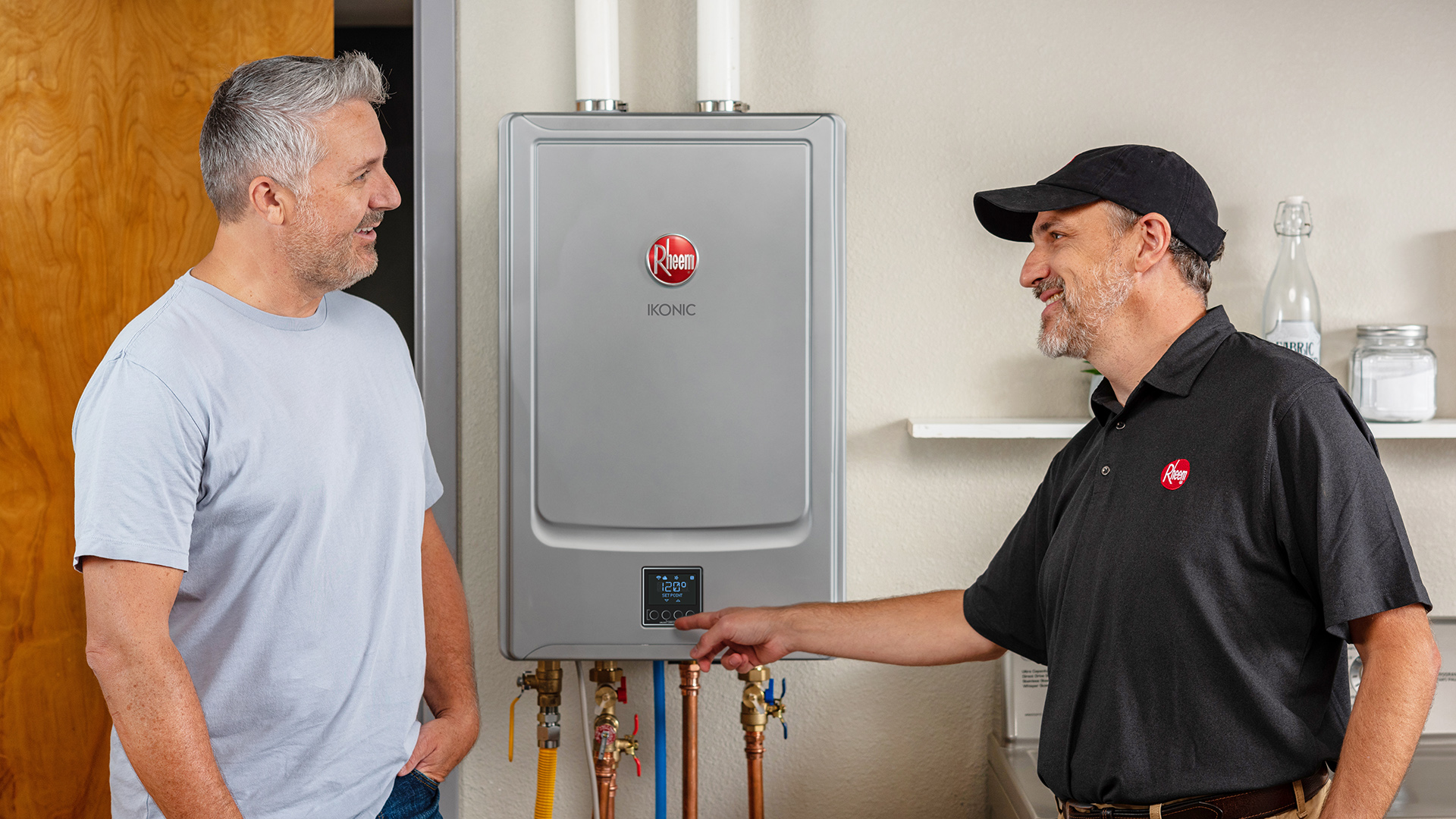
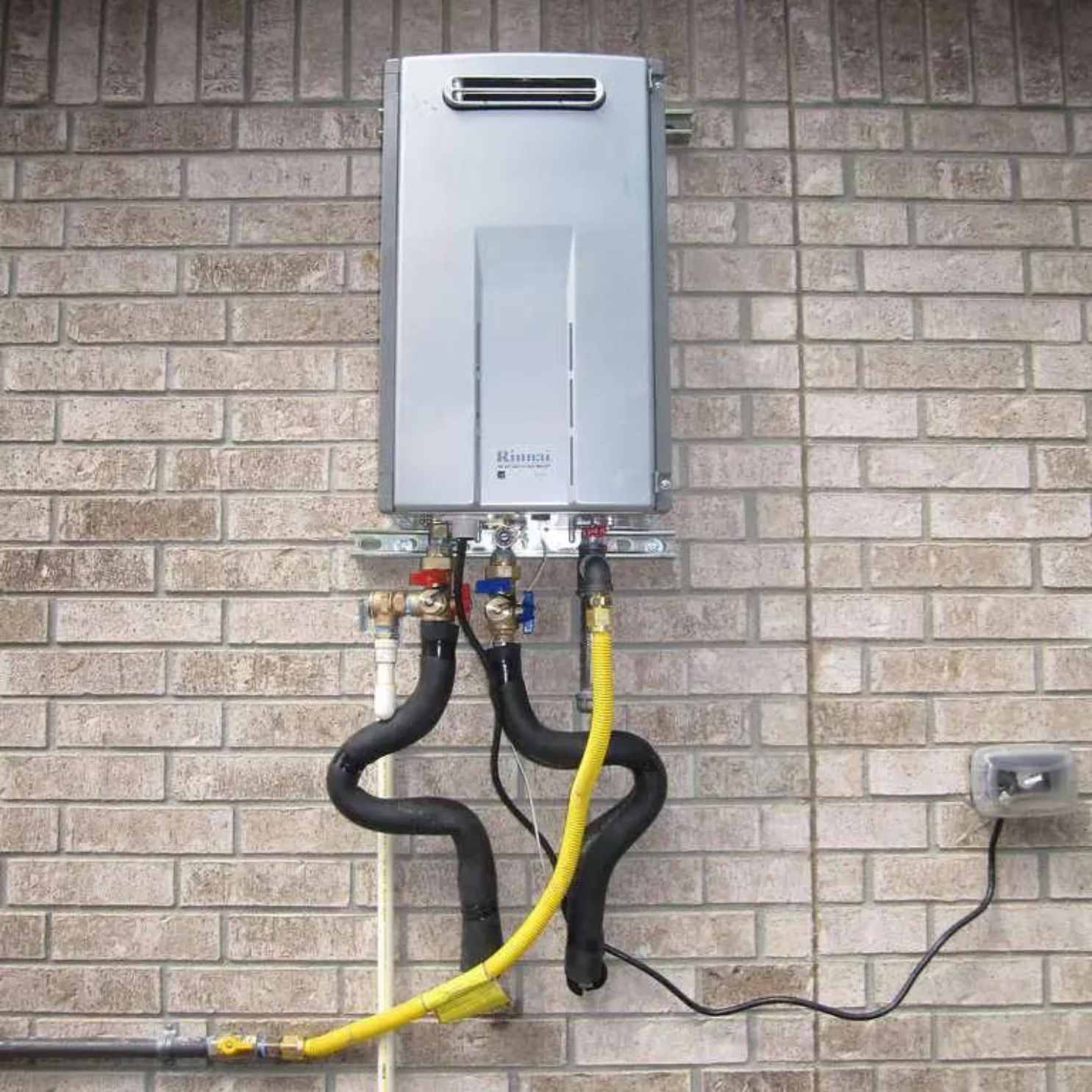
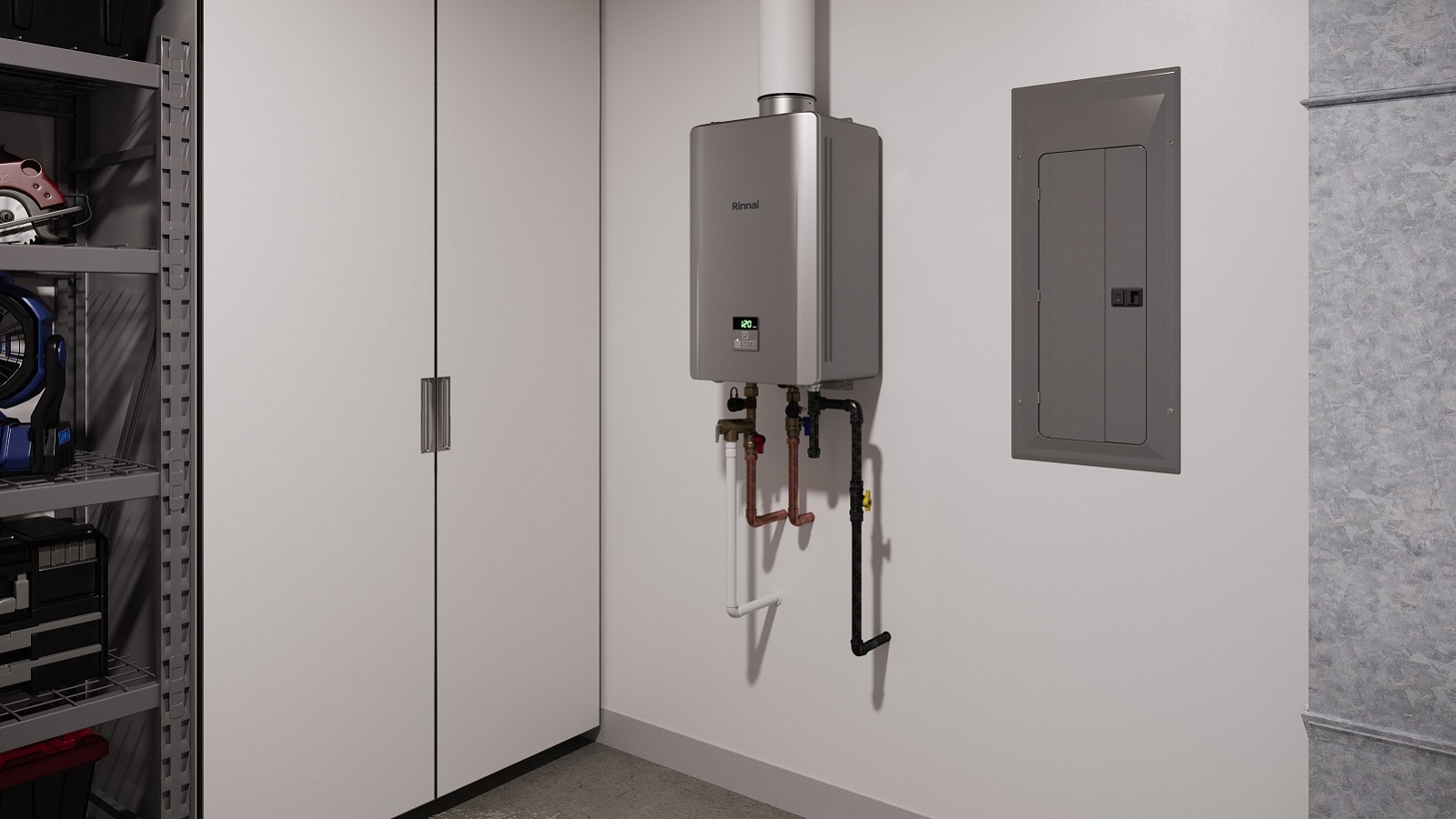
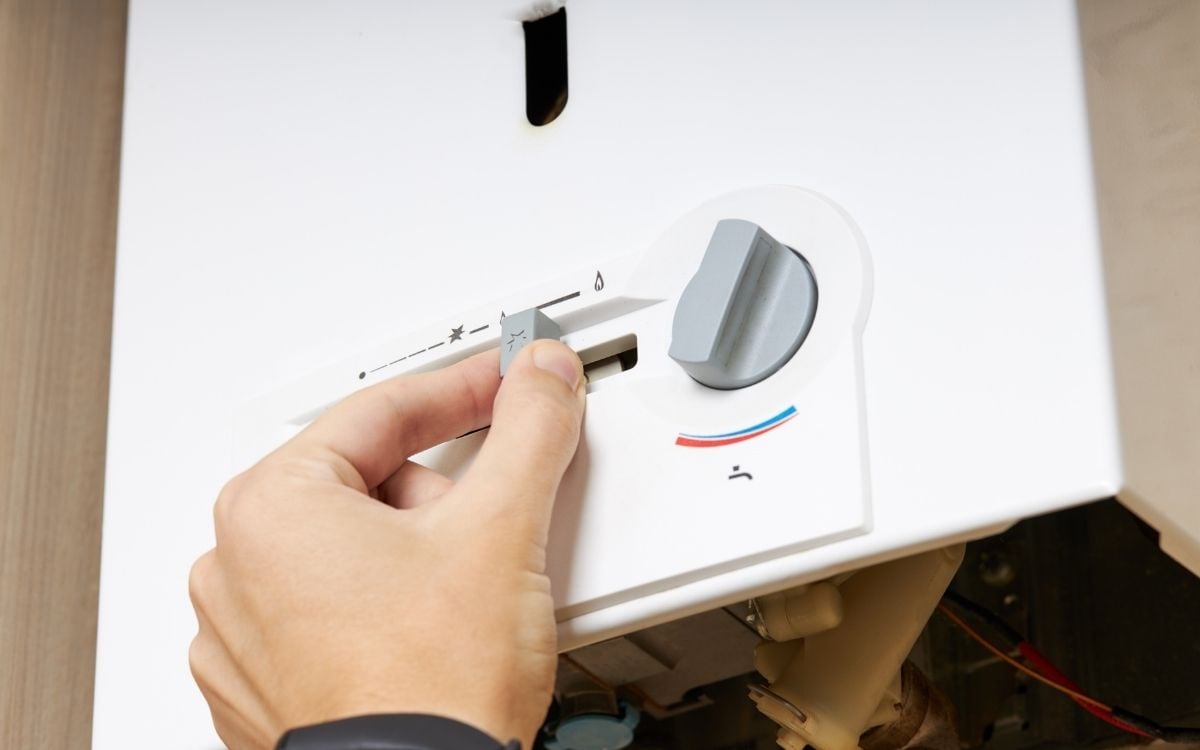
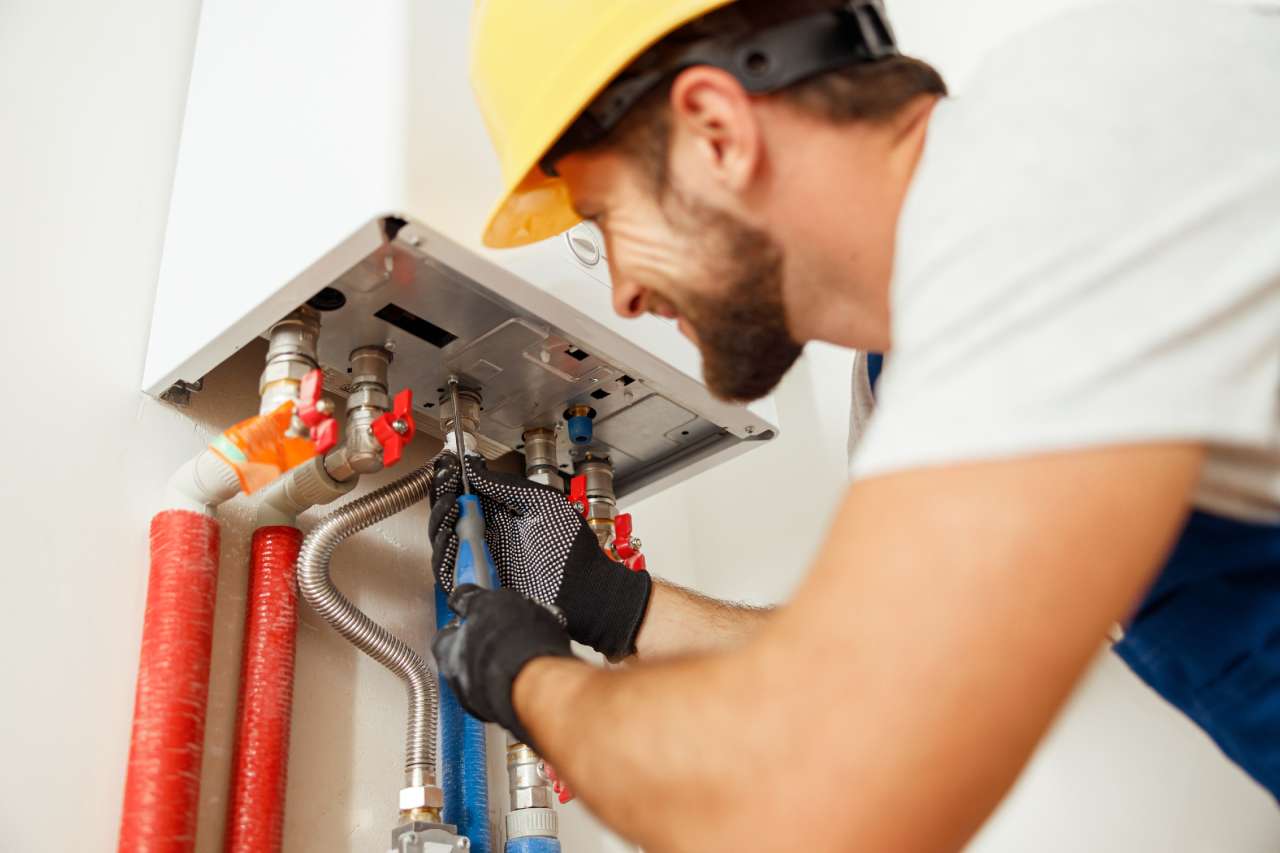
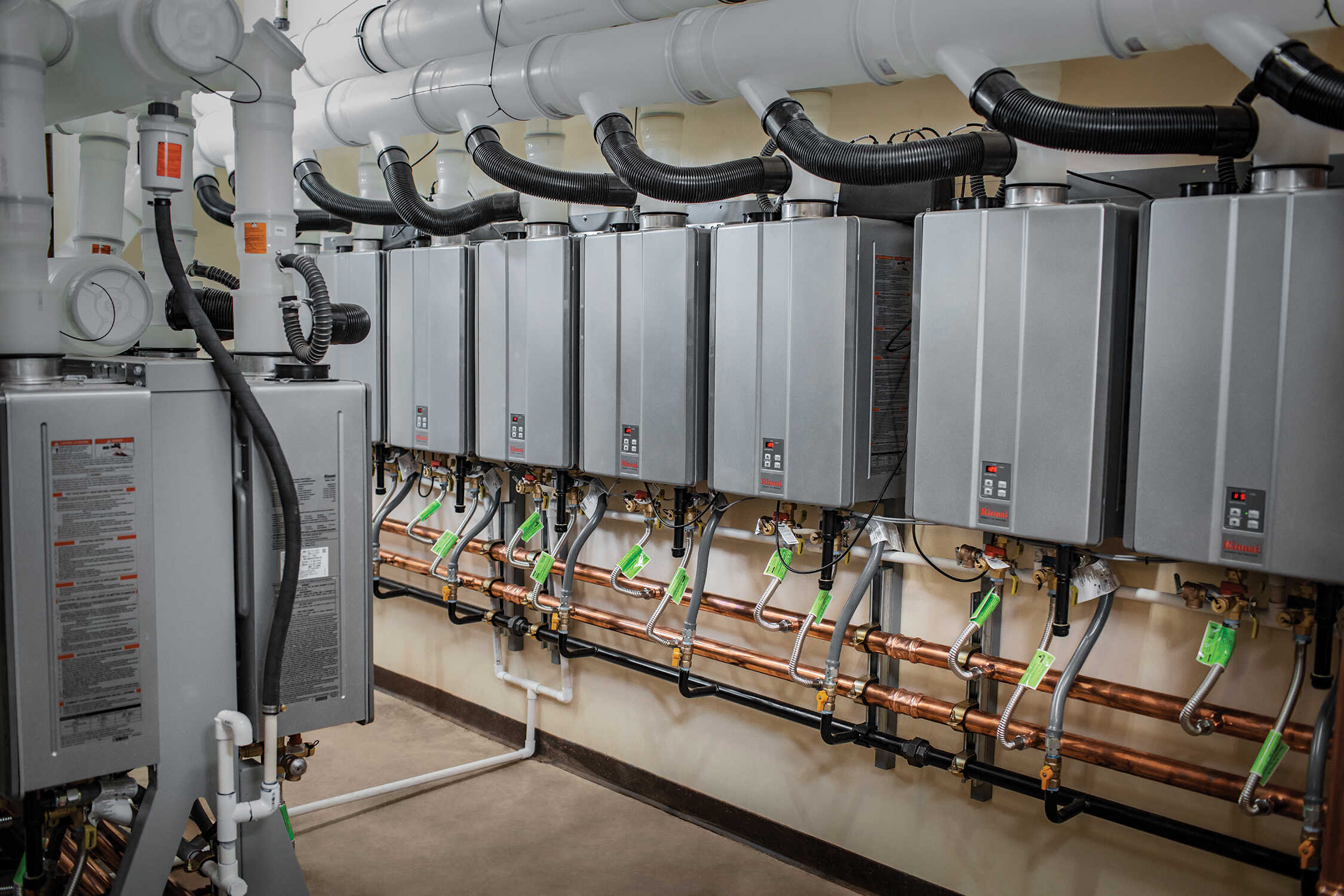
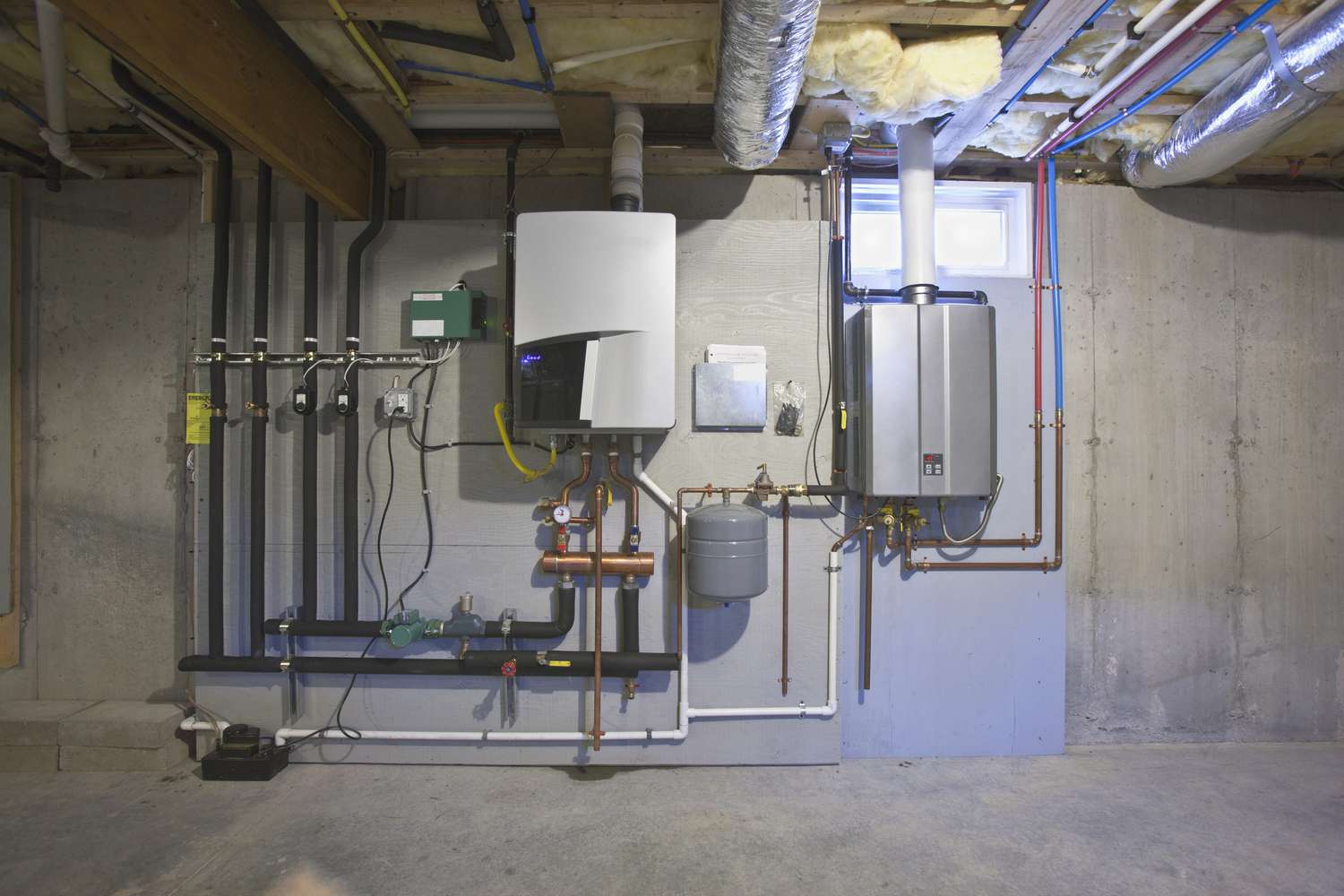
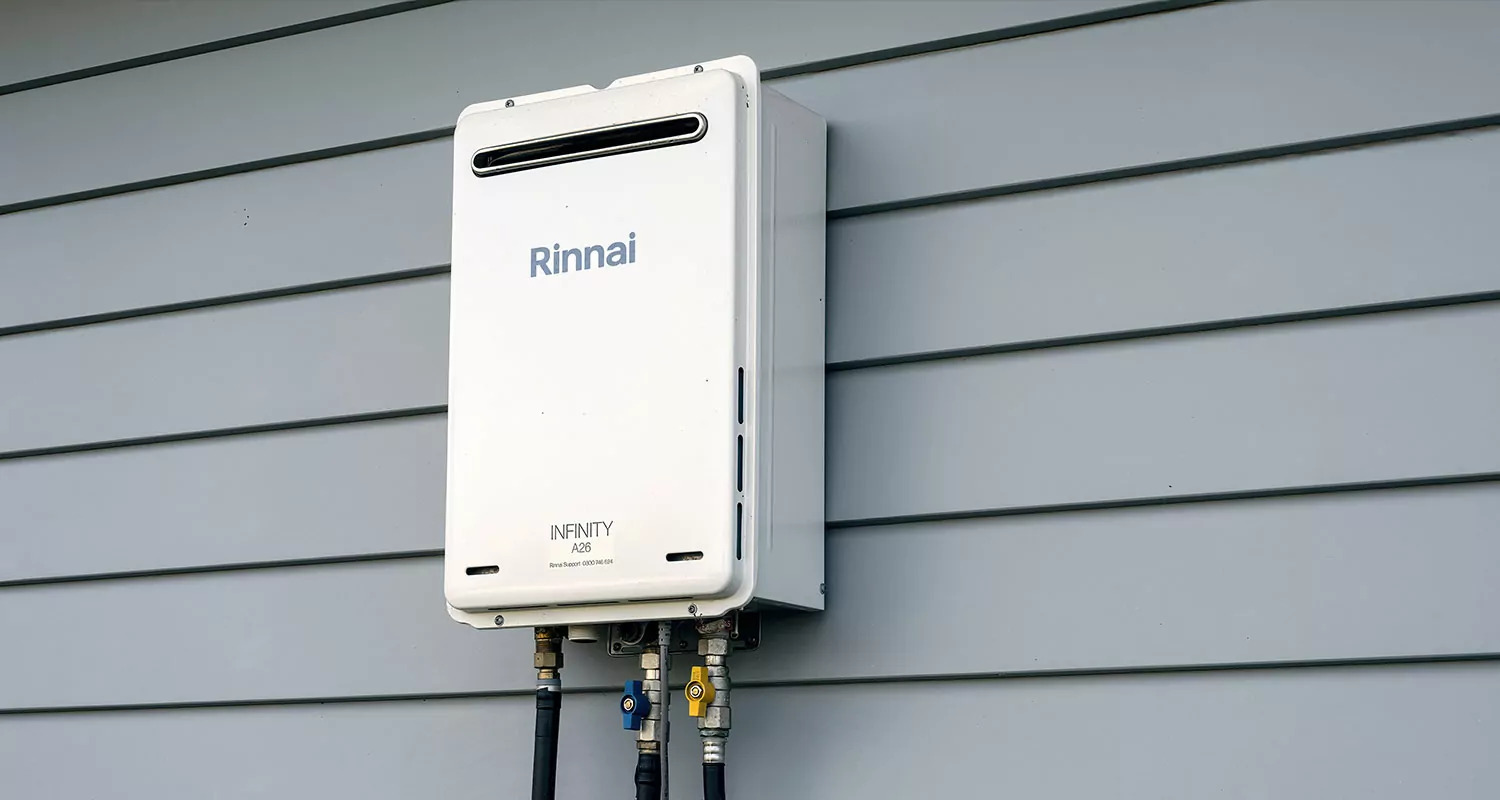
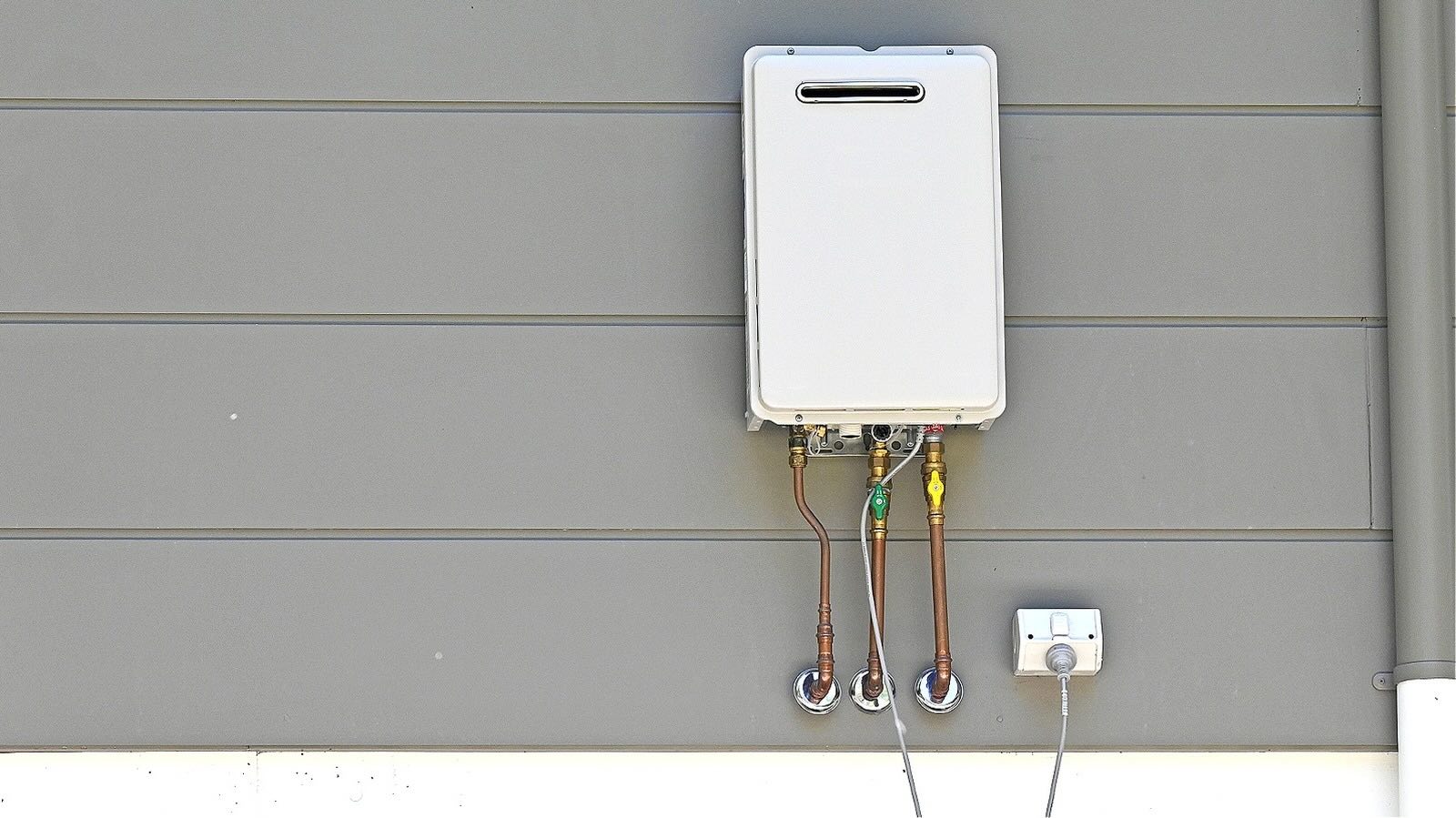
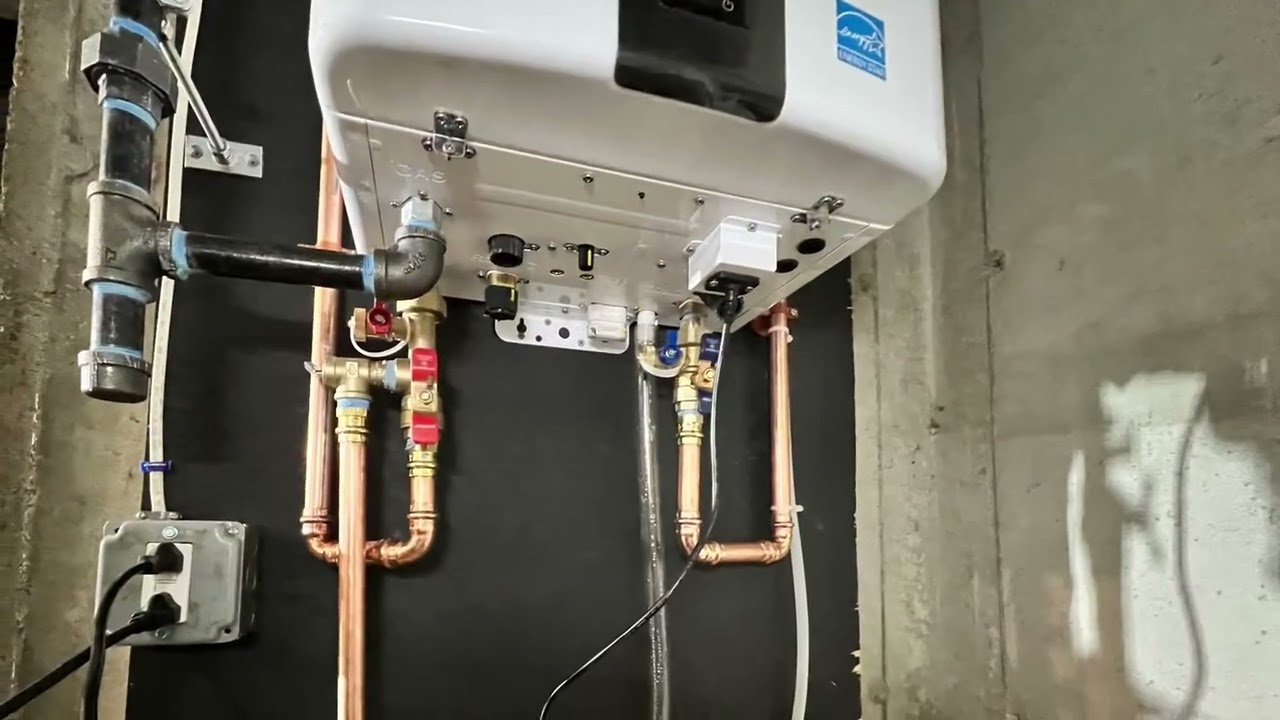
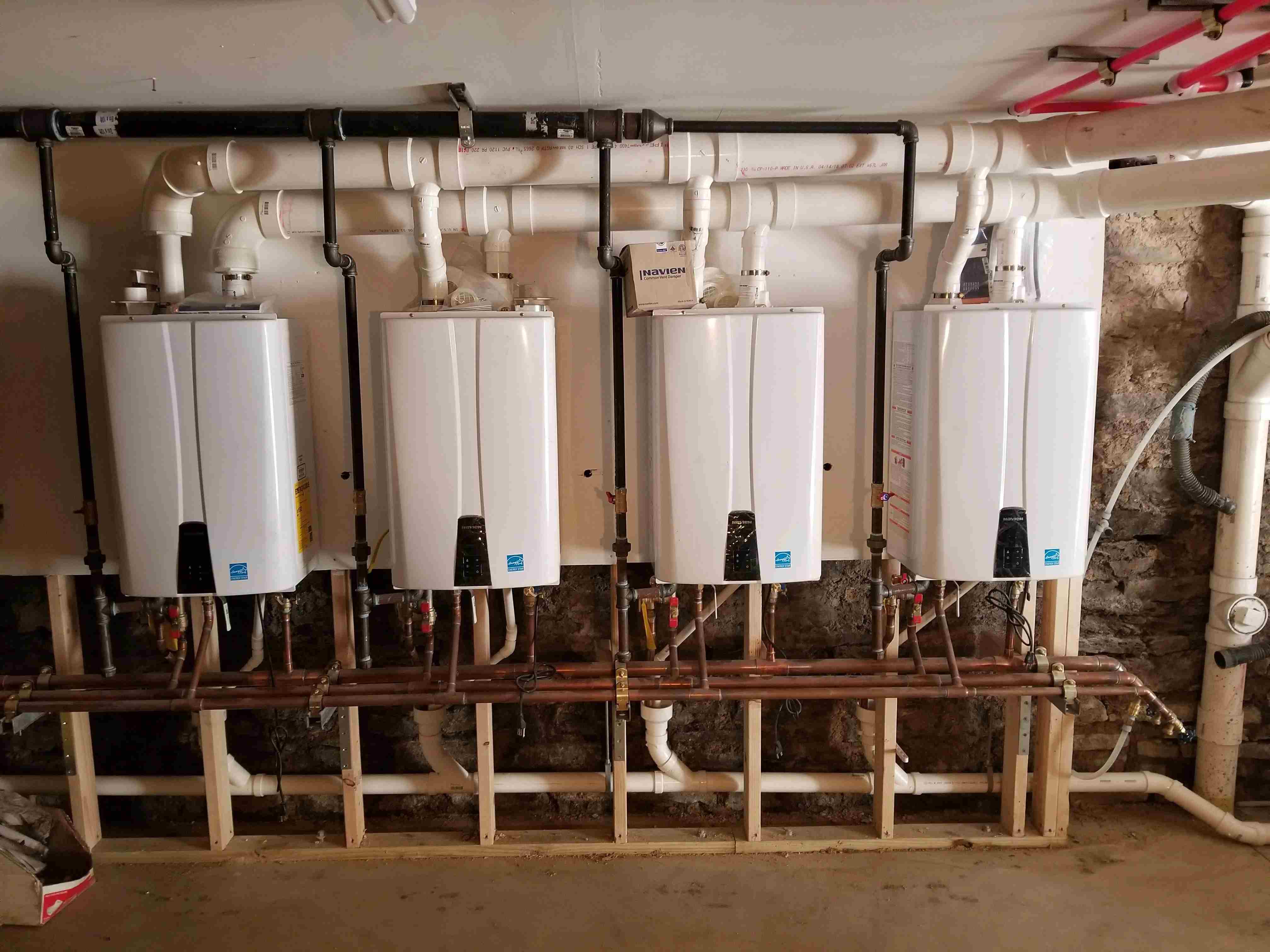
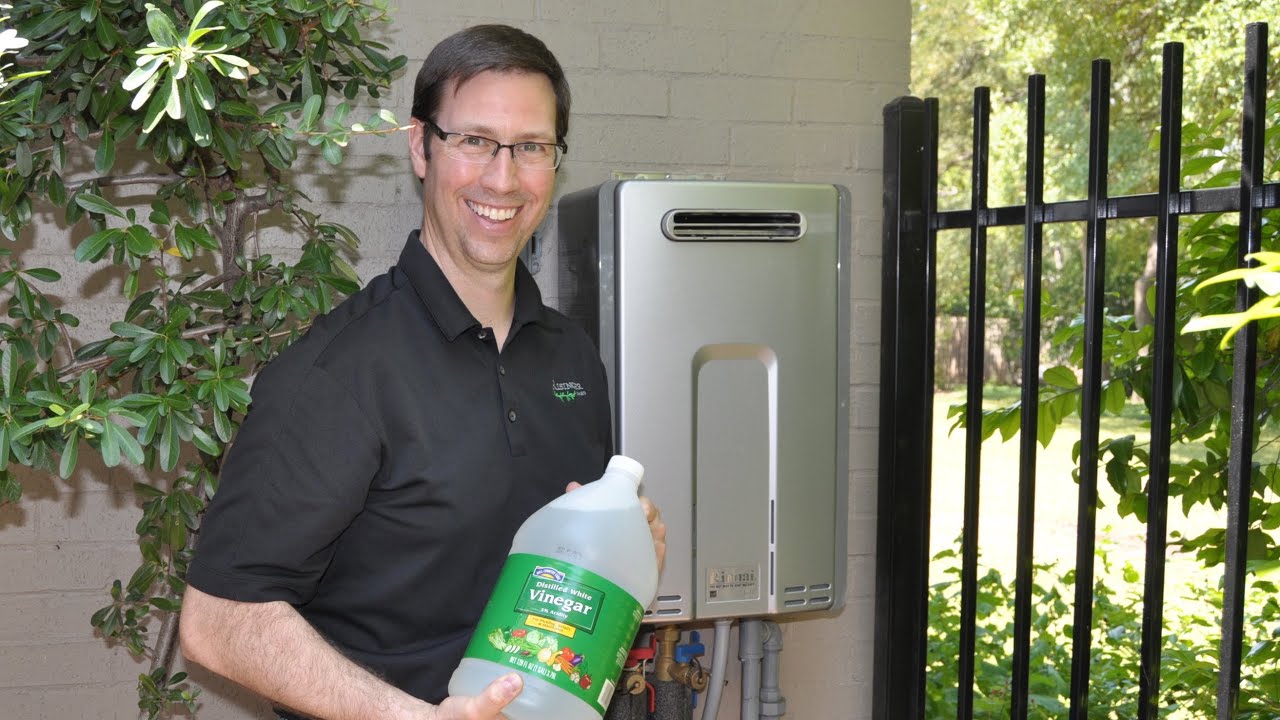
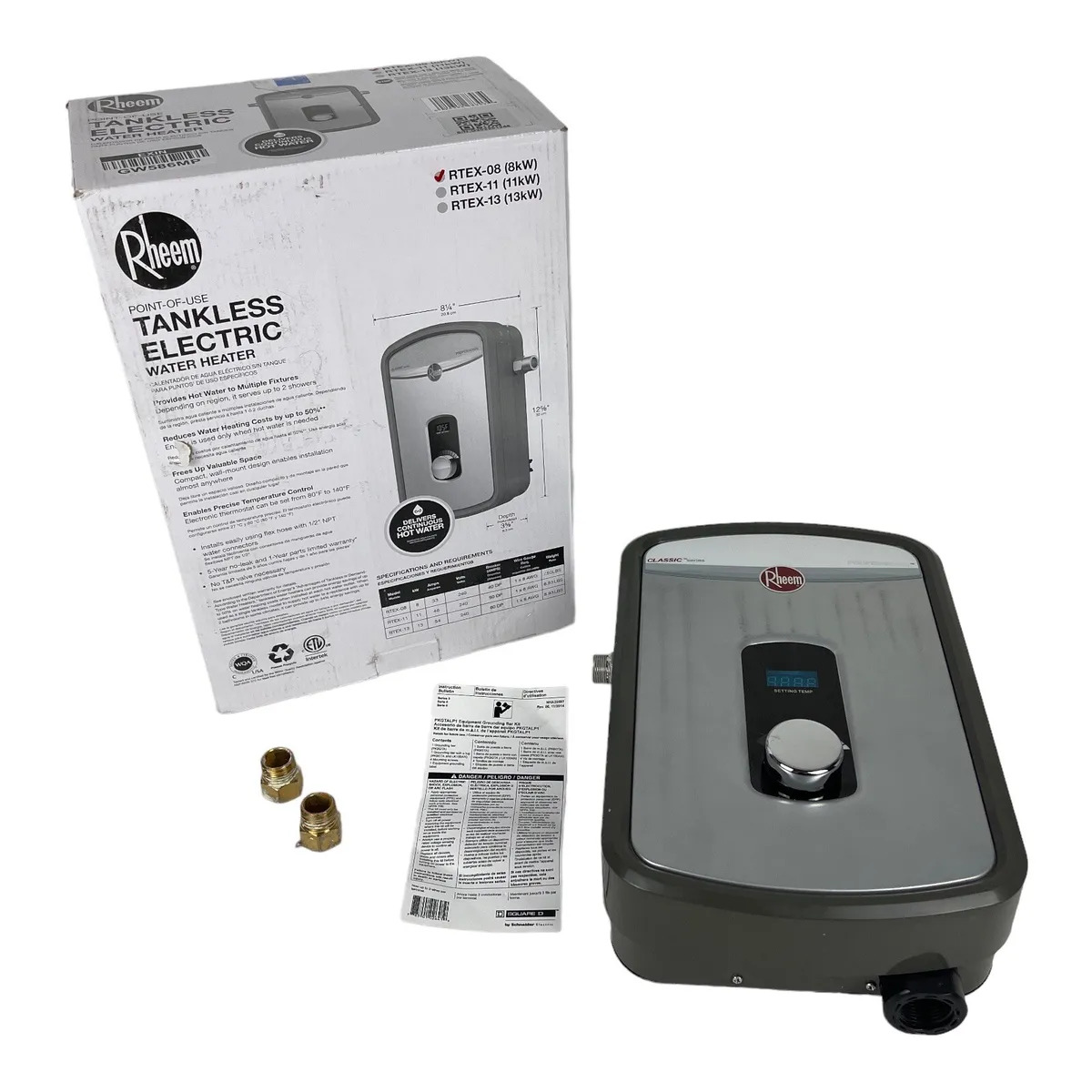
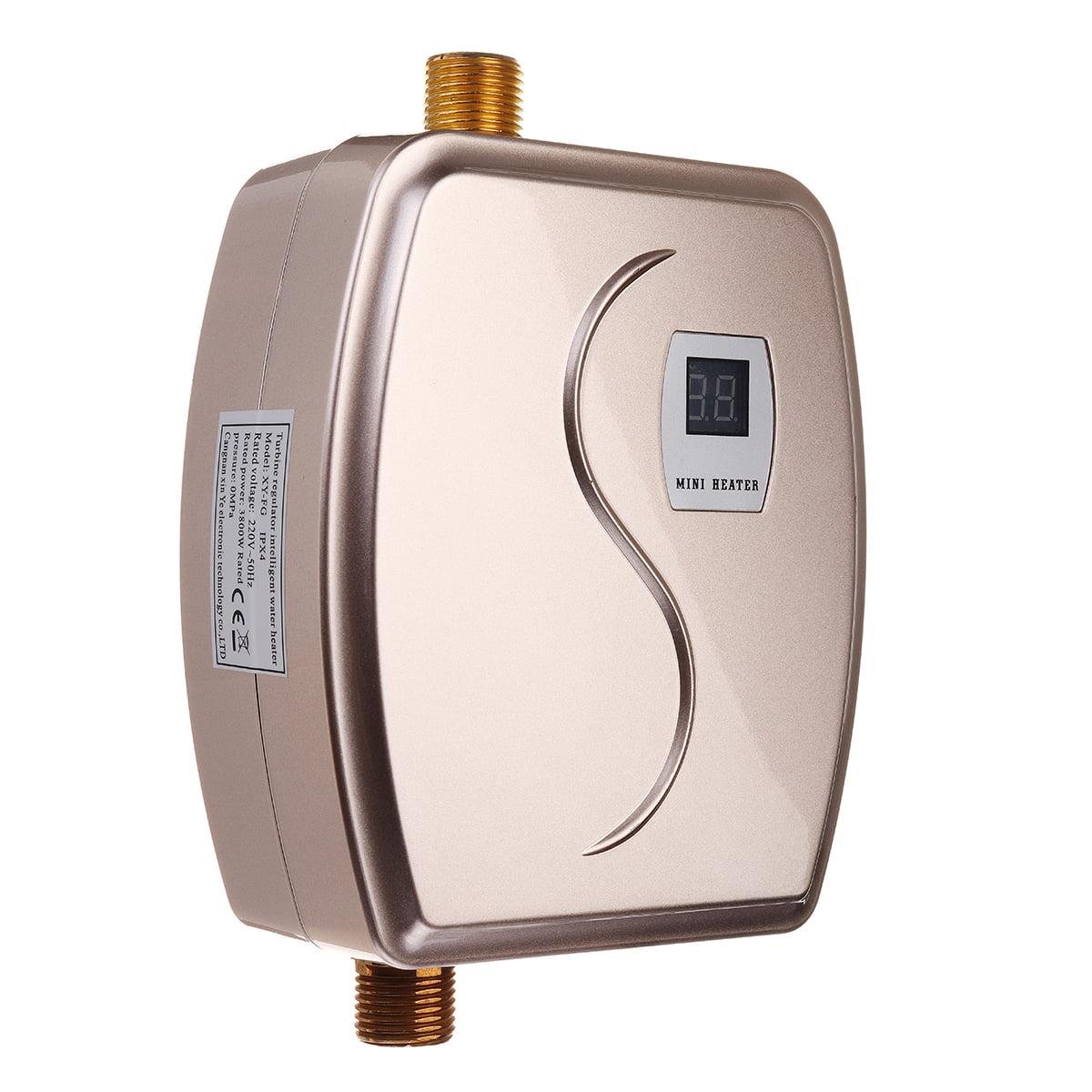

0 thoughts on “How Much To Install A Tankless Water Heater”